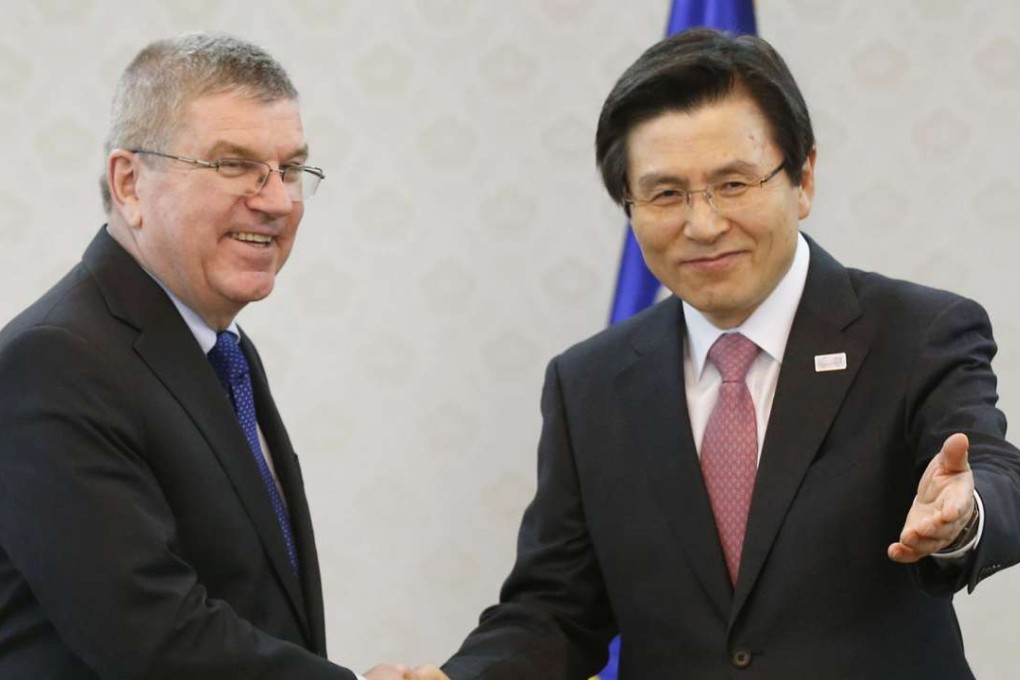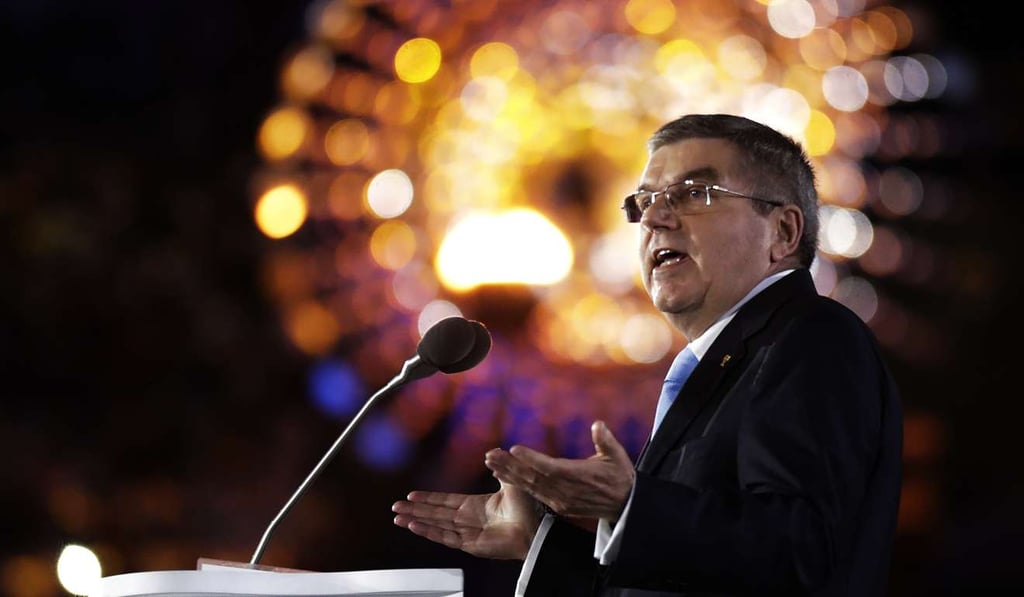Opinion | The IOC ‘Lords of the Rings’ is desperately in need of action, not words, to effect positive change
As the next three Olympic Games arrive in Asia, the jury is still very much out on International Olympic Committee presidents Thomas Bach’s ‘culture changing’ mantra

Thomas Bach might seem like an imperious sort.
The current president of the International Olympic Committee, Bach comes by his regal countenance naturally.
He is a former gold medal fencer who founded a very prestigious German law firm and who resides in the fabulously luxurious Lausanne Palace on Switzerland’s scenic Lake Geneva shore.
But it may not be entirely fair to judge Bach by the obligatory ostentatious trappings of his position. After all, he is attempting to bring a common touch to his lofty perch that was noticeably absent in his two predecessors, Jacques Rogge and the wildly aristocratic Juan Antonio Samaranch.

However, on the basis of guilt by association alone, Bach is still in charge of a group that is largely patrician in nature and woefully neglect in practice.
